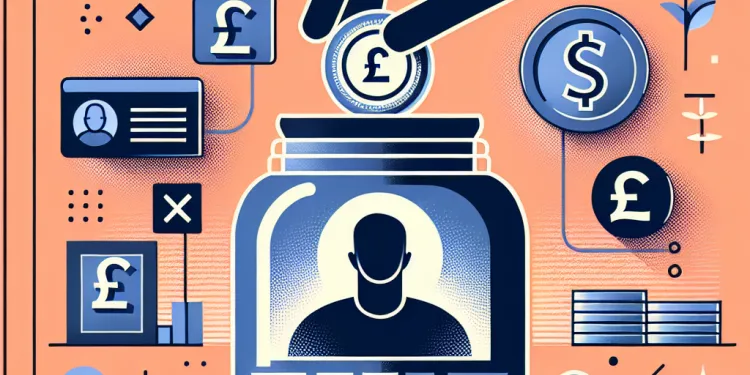
Find Help
More Items From Ergsy search
-
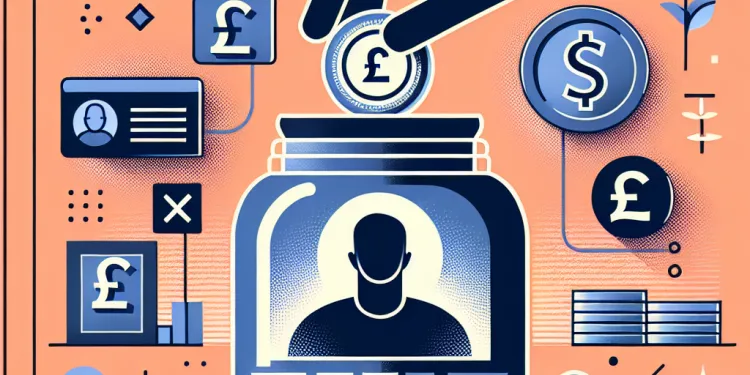
Can I apply for Universal Credit if I am self-employed?
Relevance: 100%
-
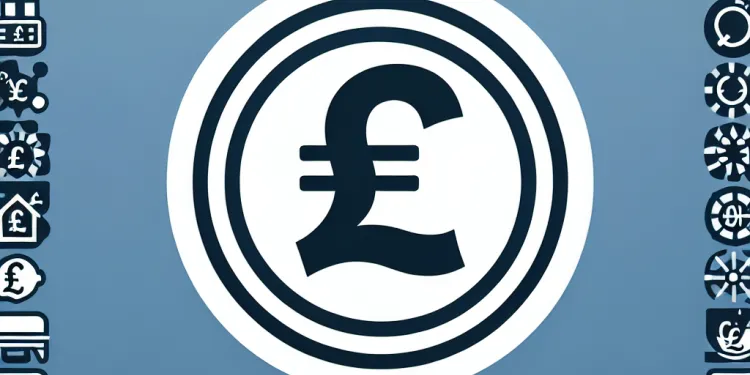
What is Universal Credit in the UK?
Relevance: 73%
-

Applying For Universal Credit
Relevance: 70%
-

Universal Credit Adjustments: What Recent Changes Mean for Claimants
Relevance: 65%
-
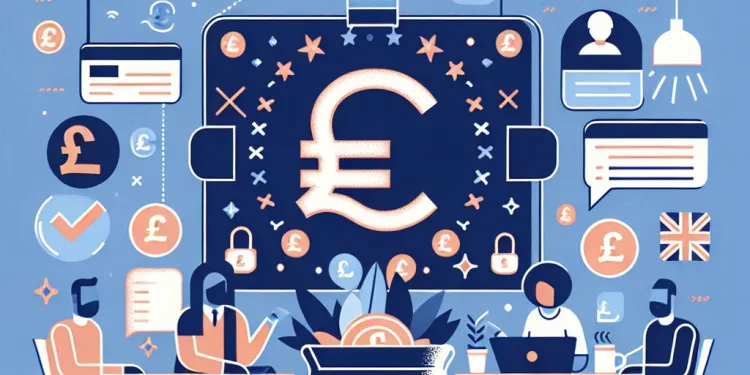
Who can apply for Universal Credit?
Relevance: 64%
-
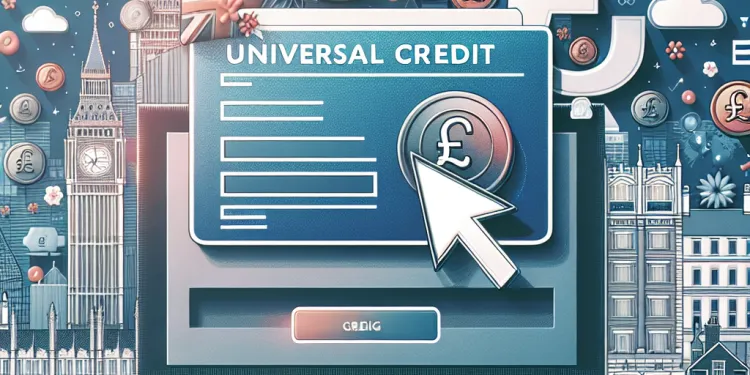
What documents are required to apply for Universal Credit?
Relevance: 64%
-

How is Universal Credit paid?
Relevance: 62%
-
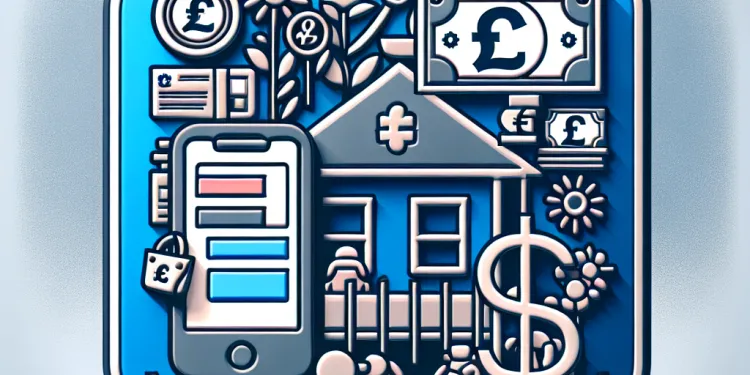
Does Universal Credit cover childcare costs?
Relevance: 61%
-
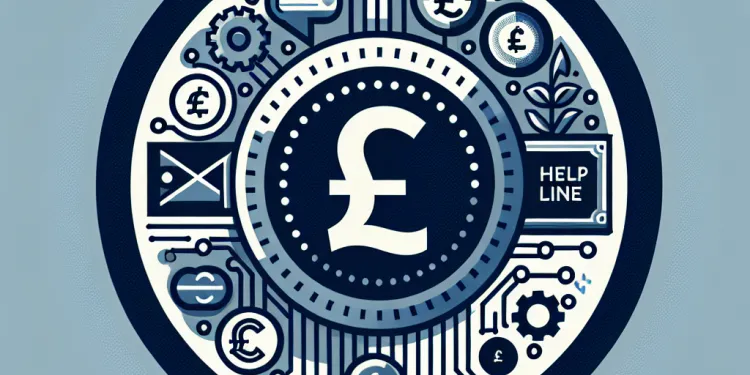
What is the Universal Credit helpline number?
Relevance: 60%
-
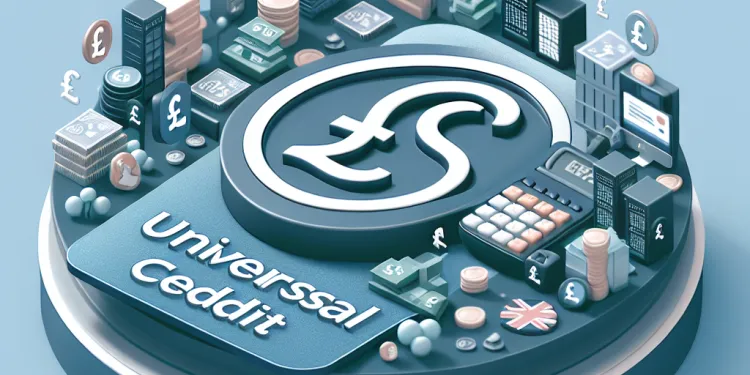
How can I apply for Universal Credit?
Relevance: 60%
-

How is the Universal Credit amount calculated?
Relevance: 60%
-

Can Universal Credit be stopped or sanctioned?
Relevance: 59%
-
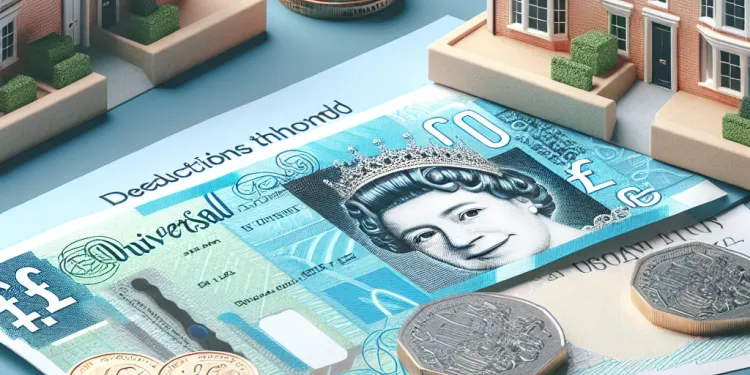
Are there any deductions from Universal Credit?
Relevance: 59%
-

Can I apply if I am self-employed?
Relevance: 57%
-
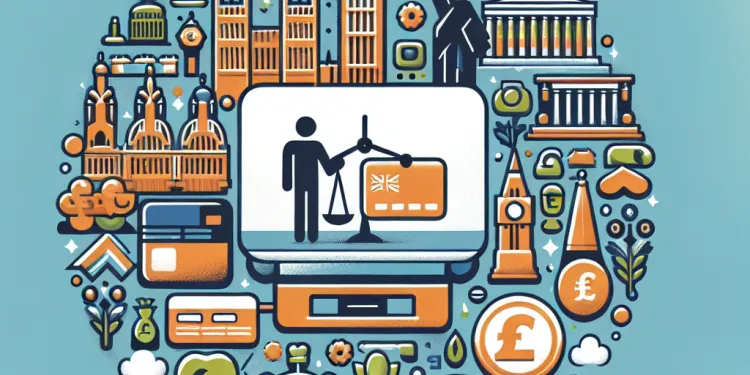
What if I disagree with a Universal Credit decision?
Relevance: 54%
-
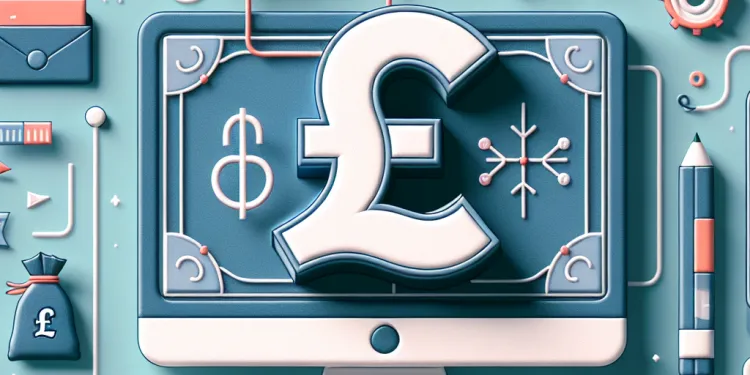
Can you receive Universal Credit if you are in full-time education?
Relevance: 54%
-

Government Announces Increase in Universal Credit Payments Ahead of Winter
Relevance: 52%
-

What work-related requirements exist for Universal Credit claimants?
Relevance: 52%
-

How long does it take to receive the first Universal Credit payment?
Relevance: 52%
-

What is an advance payment of Universal Credit?
Relevance: 45%
-

What if I'm self-employed and my income varies?
Relevance: 44%
-
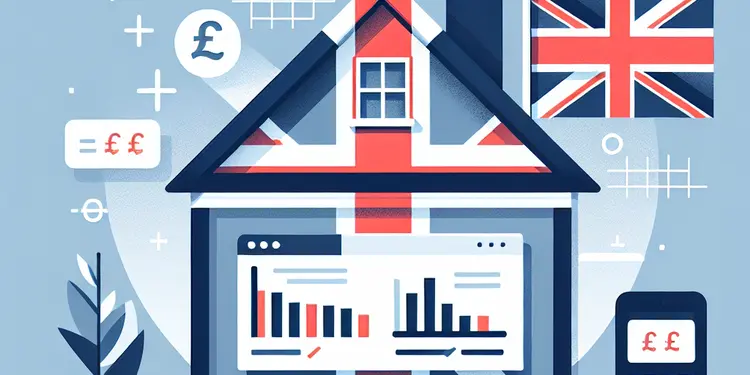
Can I file my taxes online if I'm self-employed?
Relevance: 41%
-
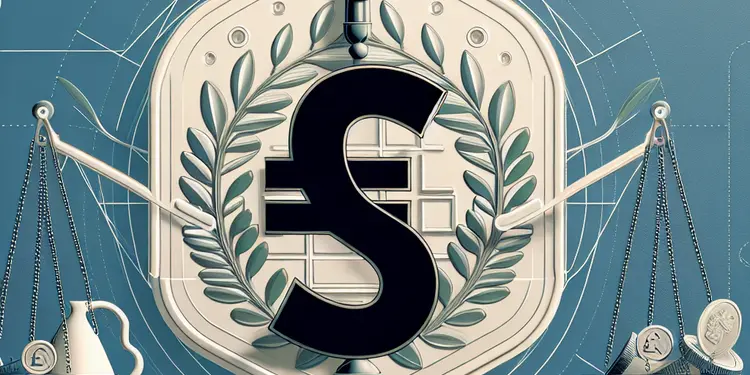
High Court Ruling on Universal Credit 'Unlawful' Cap Pending
Relevance: 38%
-
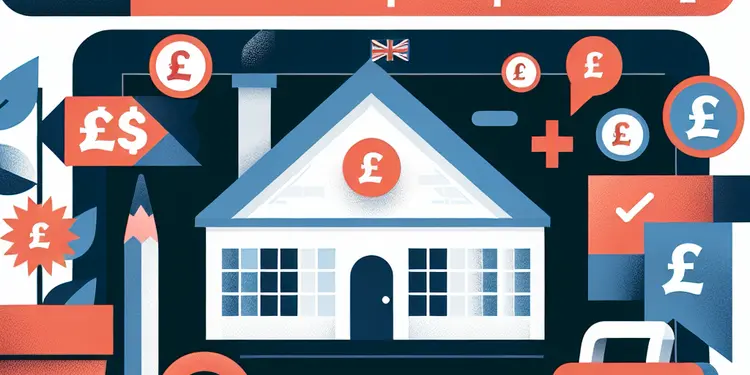
Can I get the basic State Pension if I’m self-employed?
Relevance: 37%
-

Are there changes expected for tax credits in April 2026?
Relevance: 32%
-
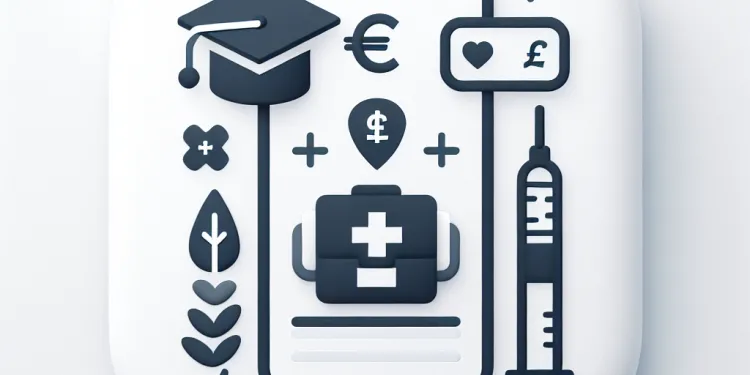
Can first aid courses be applied for college credit?
Relevance: 32%
-
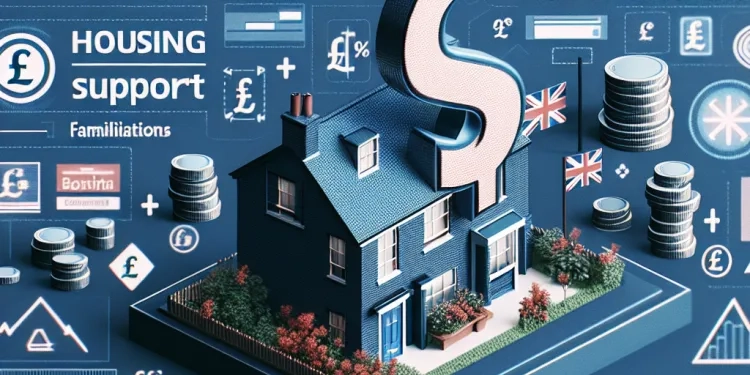
Is housing support included in Universal Credit?
Relevance: 32%
-
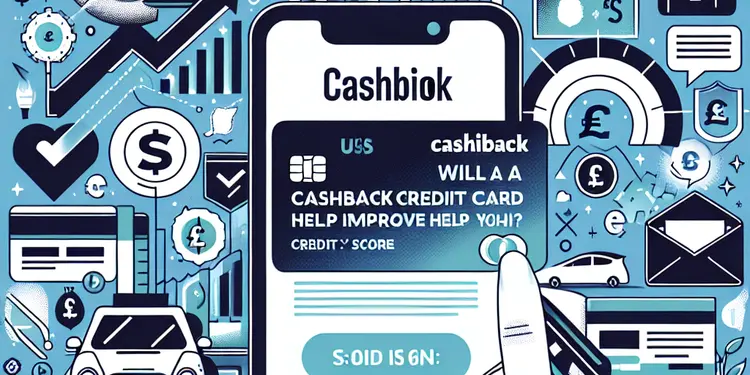
Will a cashback credit card help improve my credit score?
Relevance: 31%
-
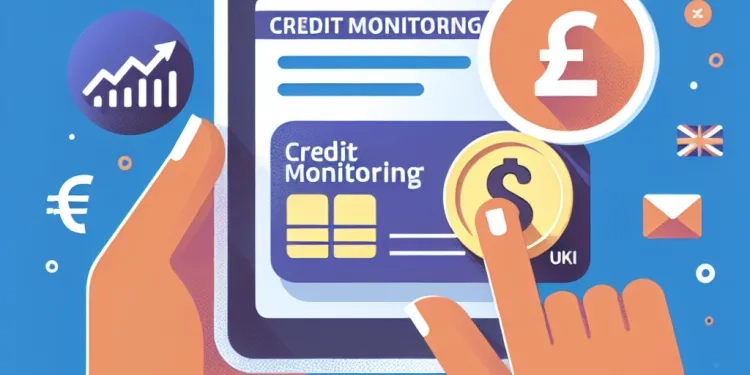
What is credit monitoring?
Relevance: 30%
-

Credit Union tour of Wales
Relevance: 28%
-
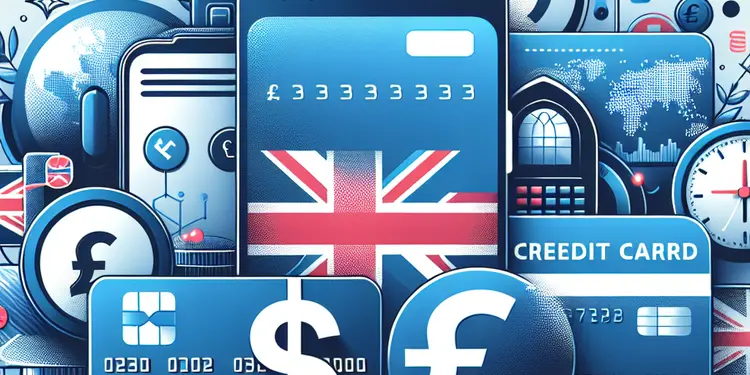
What is credit card fraud?
Relevance: 28%
-
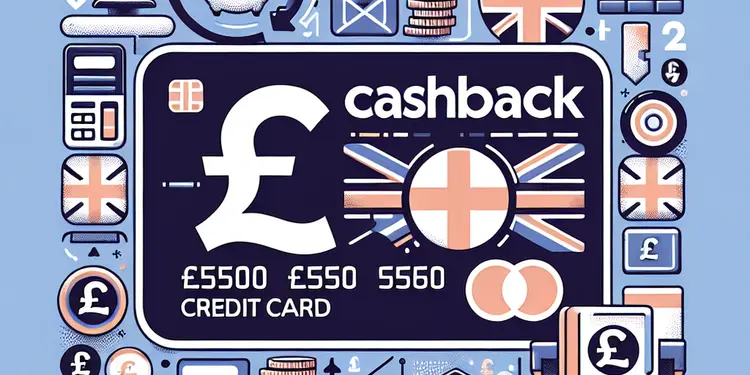
What is a cashback credit card?
Relevance: 28%
-

Is a cashback credit card right for me?
Relevance: 28%
-

Are there credits available for the basic State Pension if I can't work?
Relevance: 27%
-

How does Universal Credit affect other benefits?
Relevance: 27%
-

Radiotherapy Services at University Hospital
Relevance: 27%
-

Will transferring a balance affect my credit score?
Relevance: 27%
-

What happens if I have a credit on my account?
Relevance: 27%
-

Will switching banks affect my credit score?
Relevance: 27%
-
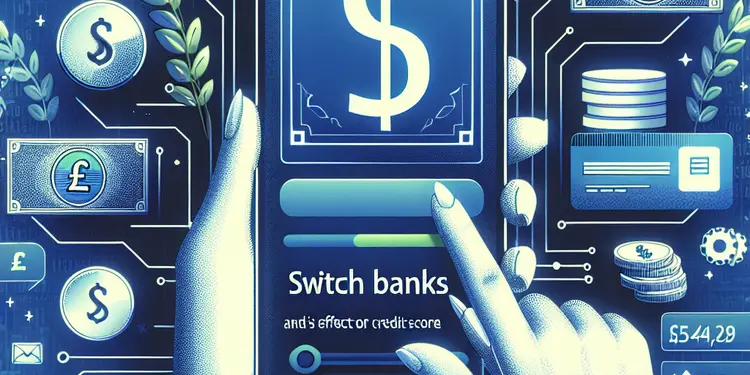
Will switching banks affect my credit score?
Relevance: 27%
Understanding Universal Credit for the Self-Employed
Universal Credit is a government benefit designed to support individuals and families with their living costs in the UK. If you are self-employed, you may wonder whether you are eligible to apply for Universal Credit. The good news is that you can apply for Universal Credit if you meet certain criteria.
Eligibility Criteria for Self-Employed Individuals
To be eligible for Universal Credit as a self-employed person, you must be engaged in "gainful self-employment." This means that your business activity is your main job, you're earning income from it, and it is expected to provide sustainable earnings. You must also meet the general eligibility requirements for Universal Credit, such as being over 18 years old, under State Pension age, living in the UK, and having savings and assets below a certain threshold.
The 'Minimum Income Floor'
A significant aspect of Universal Credit for the self-employed is the 'Minimum Income Floor' (MIF). The MIF is an assumed level of income that you are expected to earn each month, based on the National Minimum Wage for your age group, multiplied by the number of hours you are expected to work (usually 35 hours per week). If your actual earnings fall below this level, the MIF may be used to calculate your Universal Credit award.
However, there are exemptions to the MIF. For instance, if you are in your first year of self-employment, known as the "start-up period," the MIF does not apply. During this time, your Universal Credit is calculated based on your actual income.
Reporting Earnings and Responsibilities
If you are self-employed and receiving Universal Credit, you must report your earnings and expenses each month. This information is used to assess your Universal Credit payment. It's crucial to keep accurate records of your business finances, including invoices, receipts, and bank statements. Failure to provide this information on time can lead to delays or reductions in your payments.
Support for Self-Employed Claimants
The Department for Work and Pensions (DWP) offers work coach support to self-employed claimants, helping you develop and grow your business. You will have regular interviews with a work coach to review your business’s progress and discuss ways to increase your earnings. This support can be beneficial in maximizing your income and reducing dependence on benefits.
Conclusion
In summary, self-employed individuals in the UK can apply for Universal Credit, provided they meet the eligibility requirements and are engaged in gainful self-employment. Understanding the implications of the Minimum Income Floor and keeping accurate financial records are essential for managing your Universal Credit application. Additionally, utilizing the support offered by work coaches can help enhance your business prospects.
Understanding Universal Credit for the Self-Employed
Universal Credit is money from the government to help you pay for things you need to live. If you work for yourself, you might want to know if you can apply for Universal Credit. The good news is, you can apply if you meet certain rules.
Eligibility Criteria for Self-Employed Individuals
To get Universal Credit when you work for yourself, your work must be your main job, you must make money from it, and it should be able to earn you enough in the future. You also need to be over 18, below State Pension age, live in the UK, and have savings under a certain amount.
The 'Minimum Income Floor'
There's something called the 'Minimum Income Floor' or MIF. This is about how much money they think you should earn each month from your job. This is figured out based on the National Minimum Wage, times the number of hours you should work (usually 35 hours a week). If you earn less than this, the MIF might be used to decide how much Universal Credit you get.
But there are times when MIF doesn’t count. For example, if you are in your first year of working for yourself, called the “start-up period,” MIF is not used. Your Universal Credit will be worked out based on what you really earn.
Reporting Earnings and Responsibilities
If you work for yourself and get Universal Credit, you need to report your earnings and costs every month. This helps decide how much Universal Credit you get. It's important to keep good records of your money, like invoices and receipts. If you don't, your payments could be delayed or reduced.
Support for Self-Employed Claimants
The Department for Work and Pensions (DWP) gives help to people who work for themselves and get Universal Credit. They have work coaches who help you grow your business. You will meet a work coach often to talk about your business and find ways to earn more money. This help can increase your income and make you less reliant on benefits.
Conclusion
In short, if you work for yourself in the UK, you can apply for Universal Credit if you follow the rules and have your work as your main job. Knowing about the Minimum Income Floor and keeping good money records is important. Also, using help from work coaches can make your business better.
Frequently Asked Questions
Can I apply for Universal Credit if I am self-employed?
Yes, self-employed individuals can apply for Universal Credit.
What is Universal Credit for the self-employed?
Universal Credit is a benefit for individuals who are on a low income or out of work. It combines several benefits into a single monthly payment and is available to self-employed individuals with varying incomes.
What conditions must I meet to be eligible for Universal Credit as a self-employed person?
To be eligible, you must be 18 or over, under State Pension age, living in the UK, and have less than £16,000 in savings. You should also have a regular pattern of work.
How does the government classify self-employment for Universal Credit?
Self-employment is defined as working for yourself and not receiving a regular salary from an employer. Your work must be organised, regular, and intended to make a profit.
Will I be affected by the Minimum Income Floor when applying for Universal Credit?
Yes, the Minimum Income Floor may apply to self-employed claimants. However, new claimants may not be affected in their first year, known as the start-up period.
What is the Minimum Income Floor?
The Minimum Income Floor is an assumed level of earnings that affects the amount of Universal Credit you receive if you are self-employed. It may be applied after your start-up period.
What information will I need to provide to apply for Universal Credit as self-employed?
You will need to provide details of your self-employment earnings, records of your business income and expenses, and information about your business activities.
Are there any exceptions to the Minimum Income Floor?
Yes, if you're in your first year of self-employment, you might have a start-up period during which the Minimum Income Floor does not apply.
How do I report my income if I'm self-employed and receiving Universal Credit?
You must report your earnings and expenses monthly. This will determine the amount of Universal Credit you qualify for each month.
What happens if my self-employed income varies each month?
Universal Credit payments will adjust monthly based on your reported earnings and expenses.
Is there a difference in the application process for self-employed claimants?
The process is generally the same, but you'll need to provide additional information about your self-employment when applying.
Can I get help if I'm struggling to understand Universal Credit as a self-employed person?
Yes, you can receive assistance from Universal Credit advisors or seek advice from organisations like Citizens Advice.
What is a start-up period in Universal Credit?
A start-up period is an initial 12-month period where the Minimum Income Floor does not apply, allowing new businesses time to grow.
Will my savings affect my Universal Credit application as a self-employed person?
Yes, if you have savings over £6,000, your Universal Credit payments may be reduced. Savings over £16,000 mean you generally cannot claim.
How often will I receive Universal Credit payments if I'm self-employed?
Universal Credit is paid monthly, usually on the same date every month.
Does Universal Credit provide any support for business growth for the self-employed?
While Universal Credit itself does not offer direct business growth support, you may receive guidance on improving your self-employment income.
What if my self-employment income is higher than the expected minimum?
If your income exceeds the Minimum Income Floor, your Universal Credit could be reduced or stopped based on your overall earnings.
How do fluctuations in income affect Universal Credit for the self-employed?
Payments are adjusted monthly based on reported earnings, meaning fluctuations in income will directly affect your Universal Credit amount.
Can I receive both employment income and self-employment income under Universal Credit?
Yes, you can receive both, but all earnings must be reported, and your Universal Credit will be adjusted accordingly.
If I stop being self-employed, can I still receive Universal Credit?
Yes, you can continue to receive Universal Credit if you meet its eligibility requirements and continue to actively seek employment or have low income.
Can I get help with money if I work for myself?
If you work for yourself, you might be able to get money help called Universal Credit.
Here are some tips:
- Speak to someone who can give advice about money.
- Use helpful websites that explain Universal Credit.
- Ask a friend or family member to help you understand.
Yes, people who work for themselves can ask for Universal Credit.
What is Universal Credit for people who work for themselves?
Universal Credit is money from the government to help you if you don't have much money.
If you work for yourself, you can still get Universal Credit.
It helps pay for things like rent, food, and bills.
You can use a calculator online. It can help you see how much money you can get.
A support worker or friend can help you apply for Universal Credit.
Universal Credit is money that helps people who don’t earn a lot or don’t have a job. It puts together different types of help into one payment each month. People who work for themselves can get it too, even if their income changes.
What do I need to do to get Universal Credit if I work for myself?
To get this, you need to be 18 years old or older. You must be younger than the age when people get State Pension. You must live in the UK. You can only have less than £16,000 in savings. You should also have a job that you do regularly.
If you need help reading, you can use tools like screen readers. You can also ask someone to read it out loud for you.
How does the government decide who is self-employed for Universal Credit?
Self-employment means working for yourself. You do not get a regular paycheck from a boss. You have to do work that is planned, happens often, and makes money.
Will the Minimum Income Floor affect my Universal Credit?
Yes, if you work for yourself, the Minimum Income Floor rules might apply to you. But if you are just starting and it's your first year, these rules might not affect you right away. This first year is called the "start-up period."
What Does Minimum Income Floor Mean?
Minimum Income Floor is about how much money you might need to earn each month. It is used when you get help with money, like benefits.
This means if you have your own business or do some work, they will think you earn a certain amount, even if you earn less.
This number can change. Talk to someone who helps with benefits if you have questions.
For extra help, you can use things like pictures or videos to understand better.
The Minimum Income Floor is a rule that affects your Universal Credit money if you work for yourself. It is like a pretend amount of money you must make. This rule might start after your business has been running for a little while.
What do I need to tell them to get Universal Credit if I work for myself?
You need to show how much money you make from your own work, keep notes of what your business earns and spends, and tell us what your business does.
Are there times when the Minimum Income Floor does not apply?
Yes, if you have just started working for yourself, there might be a time at the beginning when the Minimum Income Floor doesn't count for you.
How do I tell Universal Credit how much money I earn when I work for myself?
Every month, you need to tell us how much money you made and how much you spent. This helps us figure out how much Universal Credit you can get each month.
What if my money changes every month because I work for myself?
If your money changes each month, this is what you can do:
- Write down what you earn each month.
- Try to save a bit of money when you earn more.
- Plan how much you can spend.
Here are some tools to help you:
- Use a notebook to track your money.
- Try apps that help with money planning.
- Ask someone you trust to help you with your budget.
Your Universal Credit money might change every month. It depends on how much you earn and spend.
Is the application process different for people who work for themselves?
If you work for yourself and want to apply for something, the steps might not be the same as for other people.
Here are some ways that can help:
- Ask someone you trust to help you fill out forms.
- Use a calculator to help with numbers.
- Take your time and read each step slowly.
The steps are mostly the same, but you have to give more details about your own business when you apply.
Can I get help if I'm having trouble understanding Universal Credit for my own business?
Yes, you can get help! Universal Credit can be confusing if you have your own business. Here are some tips:
- Ask for Support: Talk to someone who knows about Universal Credit. This could be a helper at a support center or a government worker.
- Use Easy-to-Read Guides: Find guides that explain Universal Credit in simple words. These guides can make it easier to understand.
- Watch Videos: Look for online videos that explain Universal Credit for people with their own business.
- Take Notes: Write down important points to help remember what you learn.
Remember, it’s okay to ask for help if you need it!
Yes, you can get help from Universal Credit advisors. You can also ask for advice from places like Citizens Advice.
What is a start-up time in Universal Credit?
A start-up time is when you first start your business and get ready to earn money.
During this time, you might get extra help with your money from Universal Credit.
To help understand, you can:
- Ask someone to explain.
- Use pictures or drawings.
- Watch a video about Universal Credit.
A start-up period is the first 12 months for a new business. During this time, there is no Minimum Income Floor, so the business can grow.
Will my savings change my Universal Credit claim if I work for myself?
Do you have money saved up? This is called savings. Savings can change how much Universal Credit money you get.
If you work for yourself and apply for Universal Credit, the people who give you the money will look at your savings.
Here are some tips to help:
- Keep your savings information with you when you apply.
- If you have a lot of savings, try to find out how it might change your Universal Credit money.
Ask someone you trust for help if you need it.
If you have saved more than £6,000, your Universal Credit money can be less. If you have more than £16,000, you usually cannot get Universal Credit.
When will I get my Universal Credit money if I work for myself?
Universal Credit is money that you get once a month. You will usually get it on the same day each month.
Can Universal Credit help self-employed people grow their business?
Universal Credit does not give direct help for growing a business. But, it can give advice on how to make more money if you work for yourself.
What happens if I earn more money than I thought I would?
If you work for yourself and make more money than you planned, here’s what you can do:
- Write down how much money you earned.
- See if you need to tell anyone, like the tax office.
- Use a calculator or ask someone to help you figure out if you owe any money, like taxes.
Helpful tools:
- A calculator
- A notebook and pen
Helpful people:
- A friend or family member
- An accountant or tax advisor
If you make more money than the Minimum Income Floor, you might get less Universal Credit or it could stop. This is because of how much you earn.
How does a change in earnings affect Universal Credit for people who work for themselves?
If you work for yourself, your earnings might go up and down. This means they change from month to month.
When your earnings change, it can change how much Universal Credit money you get.
If you earn more, you might get less Universal Credit. If you earn less, you might get more Universal Credit.
To help you, try keeping track of your earnings every month. You can use a notebook or an app to write it down.
If you have questions or need help, you can ask someone at the Universal Credit office.
Every month, the money you get from Universal Credit can change. This happens because it depends on how much you earn. If you earn more or less money, your Universal Credit will be different.
Can I get money from a job and my own business with Universal Credit?
You can get both money, but you have to tell them how much you earn. Your Universal Credit will change if your earnings go up or down.
If I stop working for myself, can I still get Universal Credit?
If you stop working for yourself, you might still get Universal Credit.
Universal Credit is money from the government to help you live. You might need to show what money you have coming in and what you spend to keep getting help.
If you need help, you can talk to someone who understands Universal Credit. They can help you apply or answer your questions.
Using a calculator on the government website can help you check what you might get. You can also ask a friend or family member to help.
Yes, you can keep getting Universal Credit if you follow the rules and keep looking for a job or if you don't earn much money.
Useful Links
Have you found an error, or do you have a link or some information you would like to share? Please let us know using the form below.
-->
This website offers general information and is not a substitute for professional advice.
Always seek guidance from qualified professionals.
If you have any medical concerns or need urgent help, contact a healthcare professional or emergency services immediately.
Some of this content was generated with AI assistance. We’ve done our best to keep it accurate, helpful, and human-friendly.
- Ergsy carfully checks the information in the videos we provide here.
- Videos shown by Youtube after a video has completed, have NOT been reviewed by ERGSY.
- To view, click the arrow in centre of video.
- Most of the videos you find here will have subtitles and/or closed captions available.
- You may need to turn these on, and choose your preferred language.
- Go to the video you'd like to watch.
- If closed captions (CC) are available, settings will be visible on the bottom right of the video player.
- To turn on Captions, click settings .
- To turn off Captions, click settings again.
More Items From Ergsy search
-

Can I apply for Universal Credit if I am self-employed?
Relevance: 100%
-

What is Universal Credit in the UK?
Relevance: 73%
-

Applying For Universal Credit
Relevance: 70%
-

Universal Credit Adjustments: What Recent Changes Mean for Claimants
Relevance: 65%
-

Who can apply for Universal Credit?
Relevance: 64%
-

What documents are required to apply for Universal Credit?
Relevance: 64%
-

How is Universal Credit paid?
Relevance: 62%
-

Does Universal Credit cover childcare costs?
Relevance: 61%
-

What is the Universal Credit helpline number?
Relevance: 60%
-

How can I apply for Universal Credit?
Relevance: 60%
-

How is the Universal Credit amount calculated?
Relevance: 60%
-

Can Universal Credit be stopped or sanctioned?
Relevance: 59%
-

Are there any deductions from Universal Credit?
Relevance: 59%
-

Can I apply if I am self-employed?
Relevance: 57%
-

What if I disagree with a Universal Credit decision?
Relevance: 54%
-

Can you receive Universal Credit if you are in full-time education?
Relevance: 54%
-

Government Announces Increase in Universal Credit Payments Ahead of Winter
Relevance: 52%
-

What work-related requirements exist for Universal Credit claimants?
Relevance: 52%
-

How long does it take to receive the first Universal Credit payment?
Relevance: 52%
-

What is an advance payment of Universal Credit?
Relevance: 45%
-

What if I'm self-employed and my income varies?
Relevance: 44%
-

Can I file my taxes online if I'm self-employed?
Relevance: 41%
-

High Court Ruling on Universal Credit 'Unlawful' Cap Pending
Relevance: 38%
-

Can I get the basic State Pension if I’m self-employed?
Relevance: 37%
-

Are there changes expected for tax credits in April 2026?
Relevance: 32%
-

Can first aid courses be applied for college credit?
Relevance: 32%
-

Is housing support included in Universal Credit?
Relevance: 32%
-

Will a cashback credit card help improve my credit score?
Relevance: 31%
-

What is credit monitoring?
Relevance: 30%
-

Credit Union tour of Wales
Relevance: 28%
-

What is credit card fraud?
Relevance: 28%
-

What is a cashback credit card?
Relevance: 28%
-

Is a cashback credit card right for me?
Relevance: 28%
-

Are there credits available for the basic State Pension if I can't work?
Relevance: 27%
-

How does Universal Credit affect other benefits?
Relevance: 27%
-

Radiotherapy Services at University Hospital
Relevance: 27%
-

Will transferring a balance affect my credit score?
Relevance: 27%
-

What happens if I have a credit on my account?
Relevance: 27%
-

Will switching banks affect my credit score?
Relevance: 27%
-

Will switching banks affect my credit score?
Relevance: 27%


